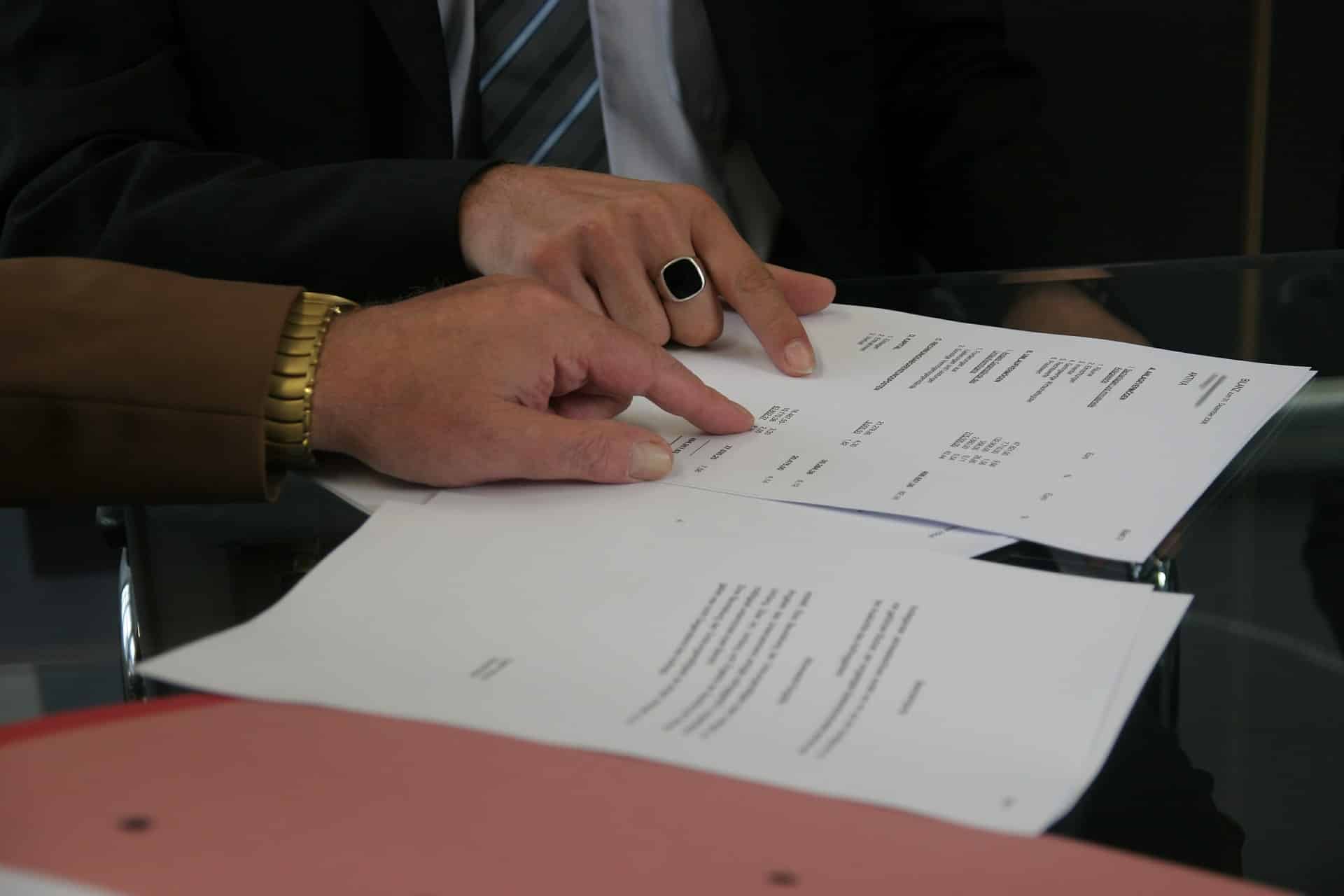– Updated on January 29, 2026
Understanding how dangerous drug lawsuits work and the basis of the current antipsychotic drugs lawsuit will help you protect your rights and take the best path toward getting justice.
By taking this process step-by-step and working with an attorney who knows how to navigate these cases, you can easily proceed without wondering if you are making mistakes or leaving money on the table.
Your First Step Should Be Speaking With a Lawyer Near You
The best way to get started with your antipsychotic lawsuit is to speak to a dangerous drug lawyer who handles similar product liability cases regularly. They will understand the criteria for plaintiffs in the case and be up to date on the current progress.
The law firms handling these cases have dedicated mass tort attorneys familiar with going toe-to-toe with large corporations and building dangerous drug cases. They also usually provide free, confidential consultations. This makes it easy to speak to a legal professional about your case.
As of January 2025, all lawsuits filed against Janssen Pharmaceuticals and its parent company, Johnson & Johnson, are individual cases. There is not yet a mass tort in this case. Whether the U.S. Panel on Multidistrict Litigation may consolidate the cases into an MDL for the initial stages and bellwether trials remains to be seen.
Have You Been Prescribed a Risky Antipsychotic?
Determine Whether You Qualify to File an Antipsychotic Breast Cancer Lawsuit
The antipsychotics involved in these lawsuits are second-generation drugs used to treat numerous mental health conditions. They include Risperdal and Invega, as well as generics risperidone and paliperidone.
The plaintiffs filing lawsuits in these cases generally:
- Include both men and women
- Took the name brand drug or took the generic in California, Massachusetts, or Nevada
- Took one of these drugs for five years or more
- Has a breast cancer diagnosis
- Did not take the drug exclusively in Connecticut, Georgia, Idaho, Illinois, Indiana, Iowa, North Carolina, or Tennessee
If you meet these criteria or have questions about determining if you have a case, contact a dangerous drug lawyer for a free consultation.
Gather Evidence to Support Your Antipsychotic Lawsuit
One role your attorney will take on is investigator. During the discovery phase of your lawsuit, they will seek a wide range of information and documentation to support your demand for fair compensation. They will request your relevant medical records, gather receipts and paperwork showing your expenses and losses, and call in experts to better understand your prognosis and future care needs.
They will also need evidence to clearly link the antipsychotic to your breast cancer diagnosis.
Research Shows a Link Between These Drugs and a Relative Risk of Cancer
One of the most challenging parts of dangerous drug legal cases is showing that the drug causes or contributes to the side effects or complications in question. In this case, your attorney will need to show that the antipsychotic medication you were prescribed is clearly linked to breast cancer.
Several studies have established this link and provided key evidence for these lawsuits. This includes studies published in Clinical Psychopharmacology and Neuroscience and the Journal of Clinical Psychopharmacology. The latter is the largest-ever study of women taking these medications.
The results of this study showed a significantly increased relative risk of breast cancer among study participants who were prescribed medications that have a significant effect on the body’s level of prolactin, a key hormone for pregnancy and breastfeeding. This includes paliperidone and risperidone. The relative risk was 62 percent higher in these women than in those who were in the control group.
Previous Risperdal Lawsuits Provide Essential Evidence
In addition to the most recent scientific discoveries, the previous lawsuits based on Risperdal provide key evidence for current cases. A.Y. v. Janssen Pharm. Inc. and other previous antipsychotic lawsuits include expert testimony stating that the company was aware of the risk of hyperprolactinemia and prolactin-related gynecomastia (male growth of breasts) as early as 2000 or 2001.
Prolactin, the same hormone previously mentioned, is the cause of these side effects, too. This could also mean the company knew there was an increased risk of breast cancer.
Have You Been Prescribed a Risky Antipsychotic?
Establish Which Damages You Could Recover
When you trust an attorney with your case, they will help you understand what a fair settlement might look like. They will investigate and document your recoverable damages and work with experts to establish your future care costs and prognosis. This all plays a role in how much your case might be worth.
While each case is different, some types of recoverable damages in a dangerous drug case could include:
- Current and Future Economic Damages: These are the financial costs and losses you suffered, such as medical bills, lost wages, and out-of-pocket costs.
- Non-Economic Damages: These are the intangible damages suffered, such as pain and suffering.
- Punitive Damages: While punitive damages are relatively rare, they are possible in a dangerous drug case. This usually occurs when there is evidence that the company should have known or did know about the risks associated with their drug yet did not act to keep consumers safe.
How Will a Dangerous Drugs Lawyer Help With My Antipsychotic Drug Lawsuit?
When you hire a dangerous drugs lawyer to manage your antipsychotic drug breast cancer case, you can expect them to:
- Answer your questions promptly and accurately
- Manage all parts of the case so you can focus on your health
- Protect your rights
- Gather evidence to build a strong case
- Provide regular updates and ensure you understand the process
- Offer advice and guidance as needed
- Negotiate or litigate the case to seek fair compensation for you
- Represent you through the mass tort process if this becomes necessary
- Fight for justice by holding the pharmaceutical company liable
- Meet all necessary deadlines
- Represent you based on contingency, with no upfront fees or costs
Discuss Your Options With Our Team Today for Free
The Goldwater Law Firm is now reviewing antipsychotic lawsuit cases. Once we have spoken with you, we can connect you with one of our law firm partners near you to proceed. We help injured people in all 50 states.

The Goldwater Law Firm is on mission to help as many people as possible with the fierce, compassionate legal aid only The Gold Standard of Injury Law can offer. If you suffered serious side effects or were diagnosed with an illness because of a defective drug or product, or if you were injured in an accident that wasn’t your fault, Attorney Bob Goldwater and the Goldwater Law Firm is ready to serve as your compassionate partner in the fight to seek the compensation and justice you deserve.
Share this post:






